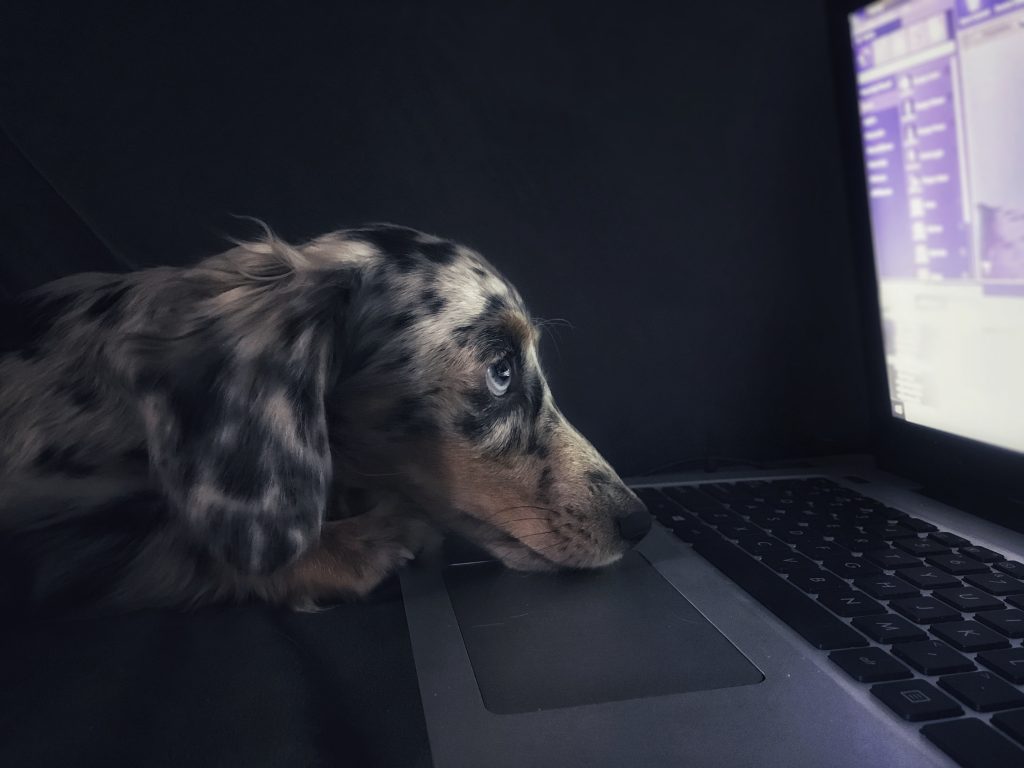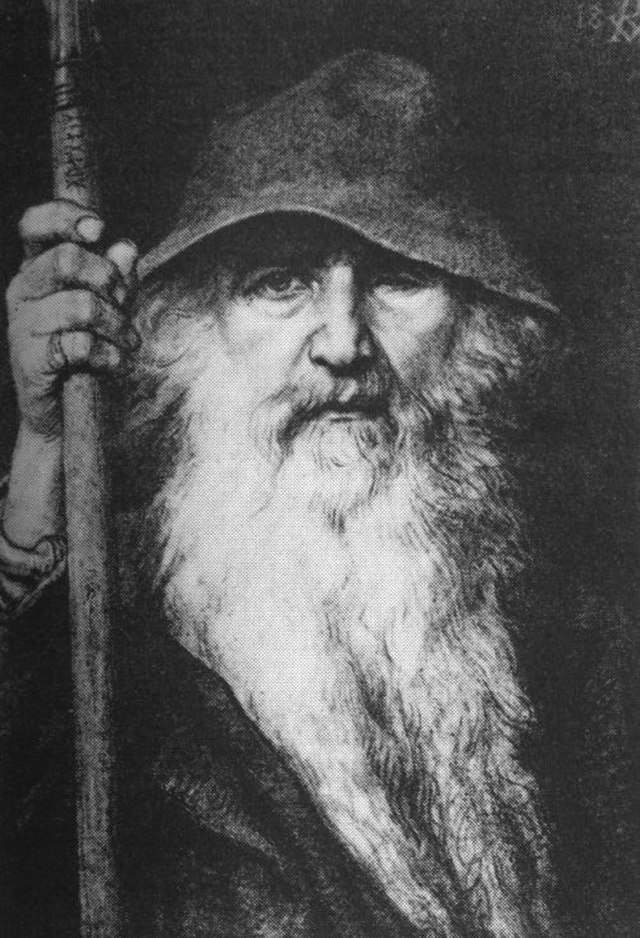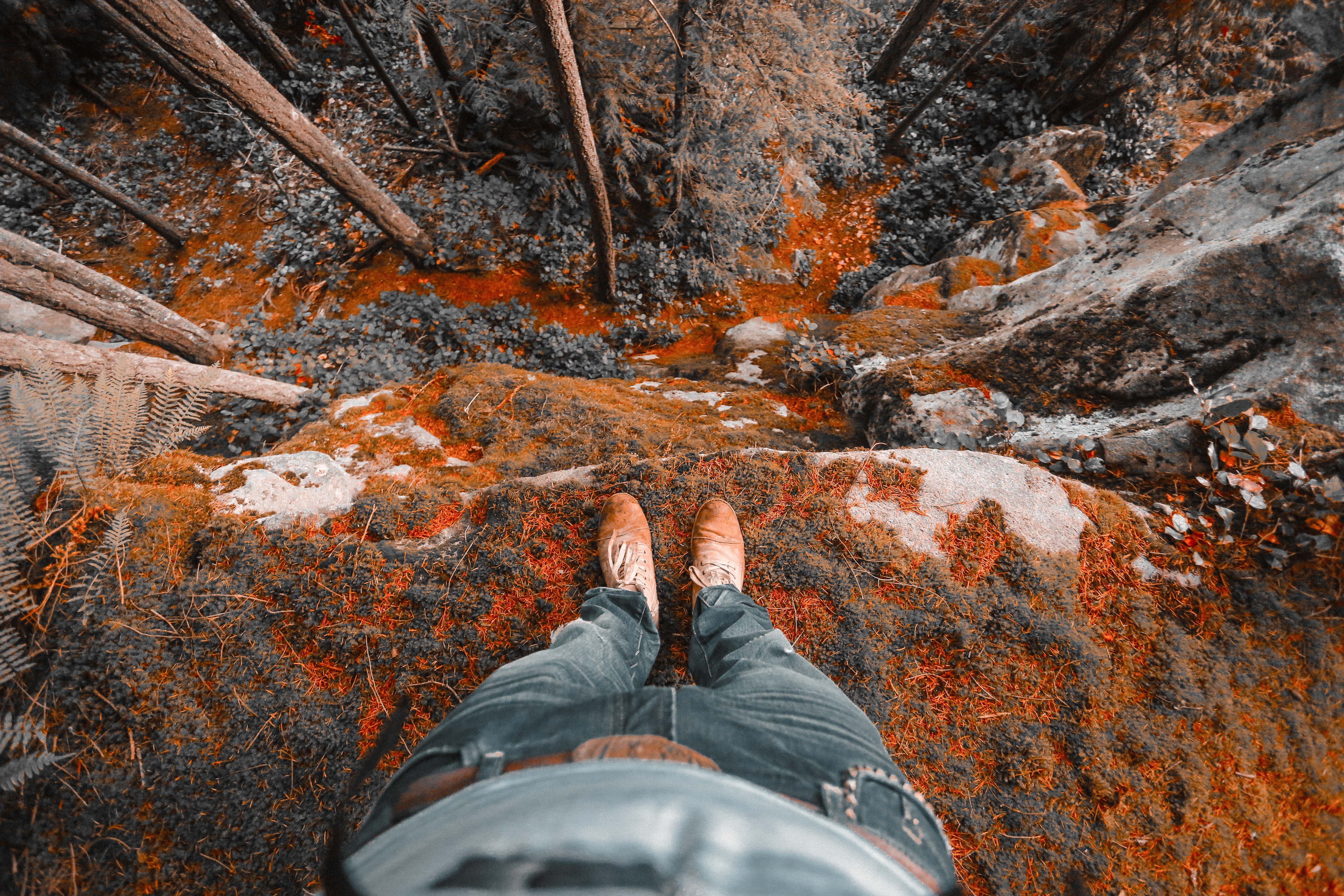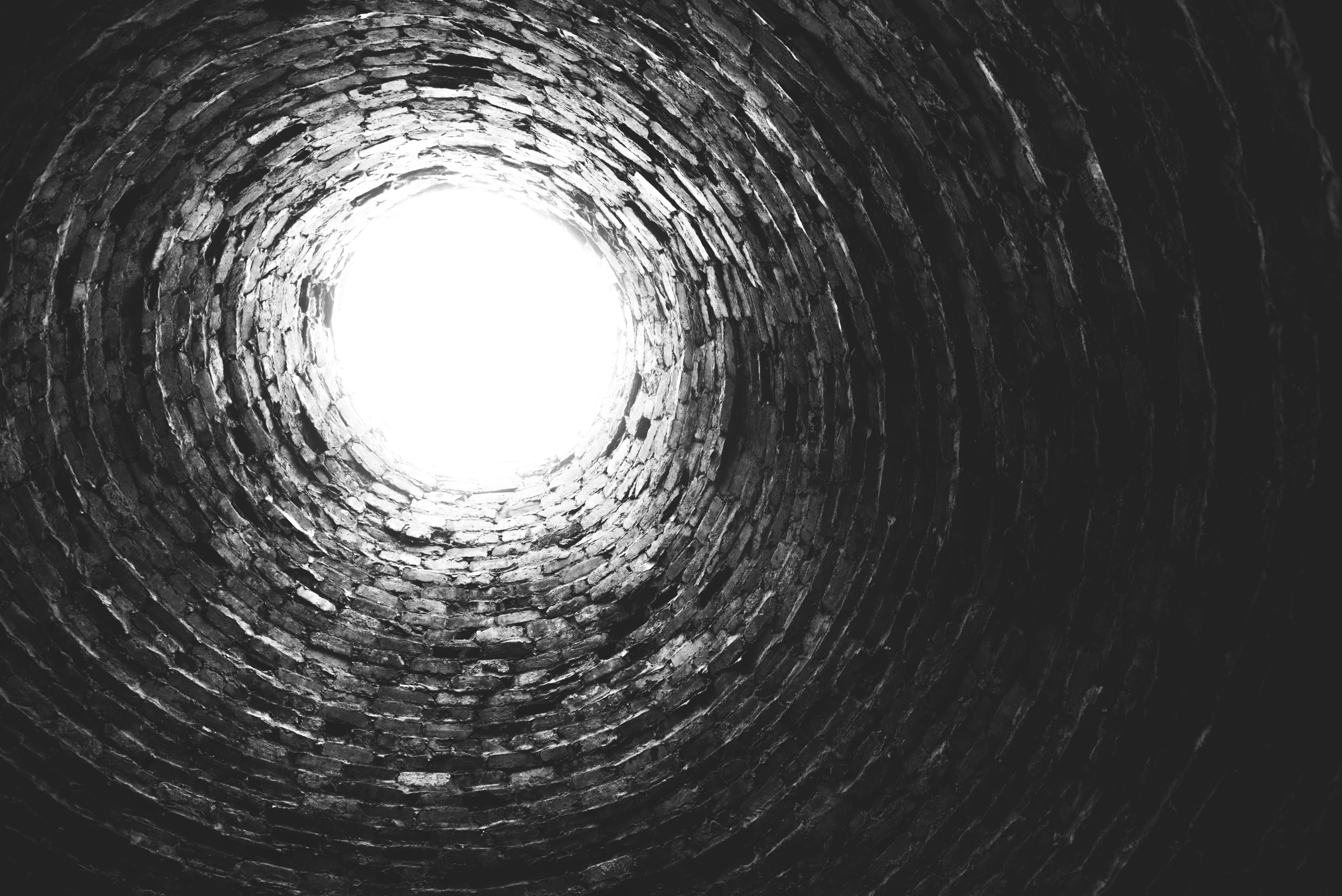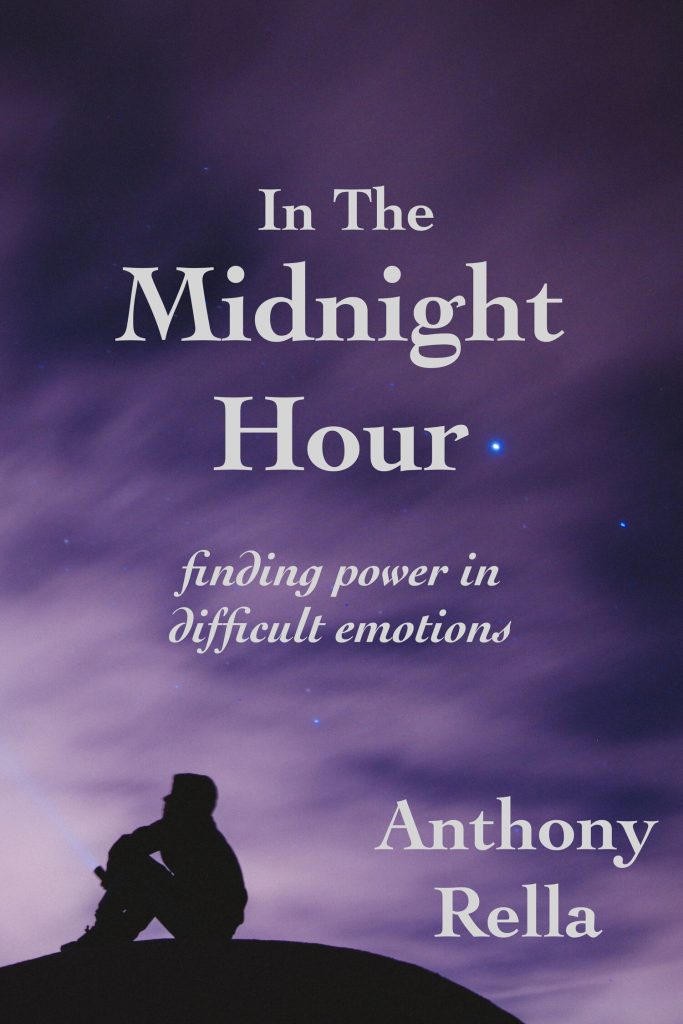This morning I opened up my WordPress blog’s post history and saw five drafts that had been partially written and then abandoned, unpublished. Each one had a great deal of text and thinking out loud, risks taken and retracted, but the energy flagged and ultimately I decided to pull all the text onto a separate file and delete them, start fresh.
Such a process feels illustrative of my process in this period of time when life feels on such shaky ground that it’s unclear what path to chart. I’d taken time to reopen and experiment with seeing some clients in person for a glorious month this summer, and have now retreated back to all-Telehealth for the indefinite future—maybe a month, maybe a year?
Yesterday, talking to a friend about this, it became clear that it’s not helping to feel an urgency to decide this now. What I’m still missing is a clear set of criteria as to how I would evaluate when it’s right to go back to in-person.
More people than I are struggling with their own variations of this problem. Over the weekend, I was excited to finally see a live performance that was supposed to take place a year ago and was rescheduled due to COVID. This morning, I got news that another performance that had been delayed will be, again, delayed indefinitely.
Disappointments feel easier to bear when I don’t put all my weight on one plan. My has historically been to put too much meaning on a few choices and so, if it collapsed, I would interpret that as a sign of Fate condemning me. “If I don’t get this job, I can’t get any job.” “I was looking forward to this concert, and now I can’t go, so that means I can’t have any joy in life.”
I’ve known people who, comparatively, seem to be resilient and adaptive as hell in the face of disappointments. Their relationships, housing, or jobs implode—sometimes all at once—but they’re brilliant at starting over. Hardly a week passes from holding their hand through the shock before they’re saying they have a new job, a new place to live, they’re in an exciting new relationship. What they seem to have, that I lacked, is a faith in their capacity to start over and rebuild what they loved.
To be sure, there’s a cost. What I have, that they seem to lack, is the capacity to persevere and maintain through upheavals, conflicts, and hard moments. When there’s a conflict, a setback, or a hard patch, I stay committed to working through things with a faith that we can make it better. I’m not as quick to run away, which is a strength that also is a problem in situations where I should be leaving.
Often I think of this when we talk about things like “healthy” behaviors. “Healthiness” when it comes to mental, emotional, and behavioral health has come to have the quality of a shaming, contentless buzz-word. Health is a relative state of integrity, and all of our strategies for surviving and thriving have strengths and costs and consequences. The question is whether our current state of being is supporting the life we want; if we’re interested in growth and finding out what more we can experience and become; or whether the costs of our ways of living are so great that it’s worth the effort of working on one’s self.
Lately I’ve been reflecting on the ideas of Fate and Fortune, both archaic in their ways, and counter to the dominant threads of the United States culture of wellness, spirituality, and positive thinking. “Fortune” is a god who doles out gains and losses according to her own inscrutable whims; who indeed brings misfortune and wealth to life regardless of one’s innate worthiness or goodness. One might attempt to appease the god and bring her to your side through offerings, prayers, and asks for aid without a guarantee of receiving it.
What is more common now is the concept of “Success,” who is less of a distinct god and more a confluence of Protestant and New Thought teachings that suggest one can almost guarantee and invite privileges if one simply has the correct behavior, moral integrity, or mindset. While this comes with a relationship to some outer deified construct—whether it be God or “the universe”—success comes about through our own individual effort and merit, and misfortune likewise suggests a failure on our parts.
Neither concept fully integrates the systemic approach that’s become more full in our consciousness, that some of us are born into conditions and cultures that will makes our paths smoother and our falls less catastrophic regardless of individual effort. Yet “Fortune,” at least, indicates that there is no meaningful difference between the person born into privilege and the person born into marginalization. Neither is better than the other, simply put into circumstances that they must contend with or benefit from in the course of life.
This weekend I began to consider the possibility that “Fate” and “Fortune” have a dialectic relationship with each other.
Fate seems to be a drive from within. Fate is found in what consistently troubles me as much as it is what, when I truly accept it, makes my life more smooth. I think of clients who receive a diagnosis of a chronic illness. When they resist and hate the illness, it causes them great suffering. When they accept it, and begin doing the work necessary to maintain their health with the illness, life goes more smoothly. They may never be “healed” and restored to who they were before the illness, but the illness becomes integrated.
We may cultivate a freedom of will in relationship to Fate, but the conditions of our lives, heritage, cultures, and souls press us to move toward a particular way of being. The extent to which we resist this Fate makes us more battered by it, dragging along behind its inexorable forward drive. The extent to which we accept and embrace this Fate gives us more freedom and creativity in how we work with it.
I imagine the relationship between Fate and Fortune as being like a rock in a tumbler, slowly polished into a beautiful, smooth stone. Fate may be that which needs to be expressed and lived from our being. Fortune simply sets the terrain in which that Fate is discovered and shaped.
The thing is, regardless of how much we accept and live our Fate, Fortune remains a capricious force. Why didn’t I get sick all these times but got sick this time? Why are there people who are cautious who still get sick with the disease, while there are others who flaunt masks and vaccinations and social distancing guidelines but remain apparently uninfected? Why do some die and others emerge relatively unscathed?
All of these questions have answers we may come to understand with time and research. But in our day-to-day living, when do not yet have these answers, we are looking at the mountain from the perspective of the ant. That is how it is to experience Fortune: to be at the mercy of a pattern we cannot comprehend or control.
If it is within my Fate to be a writer, and I write, then all I can do is create a practice of creativity and put my work into the world. What happens to it is ruled by Fortune. Once in a while, a piece of writing may go viral and draw a lot of attention. Often, pieces I might consider more meaningful or important might be wholly overlooked. There are practices I can learn around marketing to gain and keep a person’s attention, but even then there’s much beyond our control.
And as we may get lifted up high, Fortune may also abruptly throw us to the ground. To be seen and celebrated makes us visible, and visibility is also what puts us in danger of cancelation. Think of all those old social media posts that emerge when a person comes into a measure of fame and success. No one cared enough about them to cancel them before they were successful, although apparently they cared enough to remember and track their Tweets.
All of which is to say, right now COVID-19, social unrest, and the extreme weather events of climate change may be the relationship between both Fortune and Fate. Through our distress, conflict, disease, and suffering, we are being invited to look at all the structures of our society and lives that made these experiences inevitable. Disease has emerged from the shadows, and now we must look at what in those shadows makes us vulnerable, and what those shadows have to teach us about our Fate as a species, as a nation, as communities, as families, as individuals.




